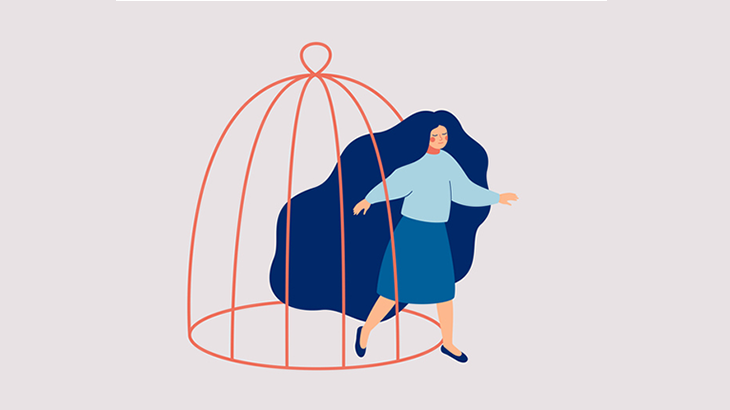
Office work is usually structured. Working times and lunch or coffee breaks are by and large predefined, as well as the end of work in the evening. Habits structure the time around and enable different experiences and human exchanges: Encounters on the way to work, a drink with colleagues Friday evening, a common event in the company…
Movement is also often built into work days: The biking for the trip to the train, the walking tour with colleagues during the lunch break, the gym on the way home, or the 80 steps between floors in the office.
These inherent structures help to automatically integrate exercise, variety, and personal contacts into life. In the home office these structures are missing. If you want, you can spend the whole day in 10 square meters without moving from your laptop. To leave the house, you need either an empty fridge or motivation - and above all an awareness of what is possibly missing in order to be balanced.
The master keys to psychological balance are awareness of what you really need and good habits. Take the following two steps to create them!
- Take time to think about your daily routine at your home office. How are the following areas of life integrated into it? Write it down to realize what you need to add to your daily life in order to be balanced.
- Times of concentrated work and a regular evening off
- Movement and exercise
- Fresh food and a healthy diet
- Human exchanges and diverse relationships, as well as friendly encounters
- Mental stimulation and creativity
- Fun and diversion
- Create new habits: A strong will helps less than small yet constant changes in your routines. What helps to install a new habit?
- Make a clear decision and share it with your family or your flatmates, to have external motivation
- Ask for help and/or a reminder if you are not sure that you will implement your decision
- Do what you want to do every day, and at the same time
- Make it difficult for bad habits by hindering them. For example, if you want to eat less sweets, do not buy them. If there are any for your children, put them out of reach so that it is more difficult to get them
- Facilitate new good habits to get into your life by bringing them into the center of your space. If you want to go jogging in the morning, put your shoes right in front of the bed and sleep the first few nights in your jogging suit. If you want to meditate for 10 minutes after lunch, set the timer to remind you during the first weeks. You want to talk to your favorite colleagues? Make appointments for the first weeks for phone calls, meetings, or online meetings.
A new habit takes about 3 months to become automated. Then you don’t need to motivate yourself any more, it runs all by itself.


